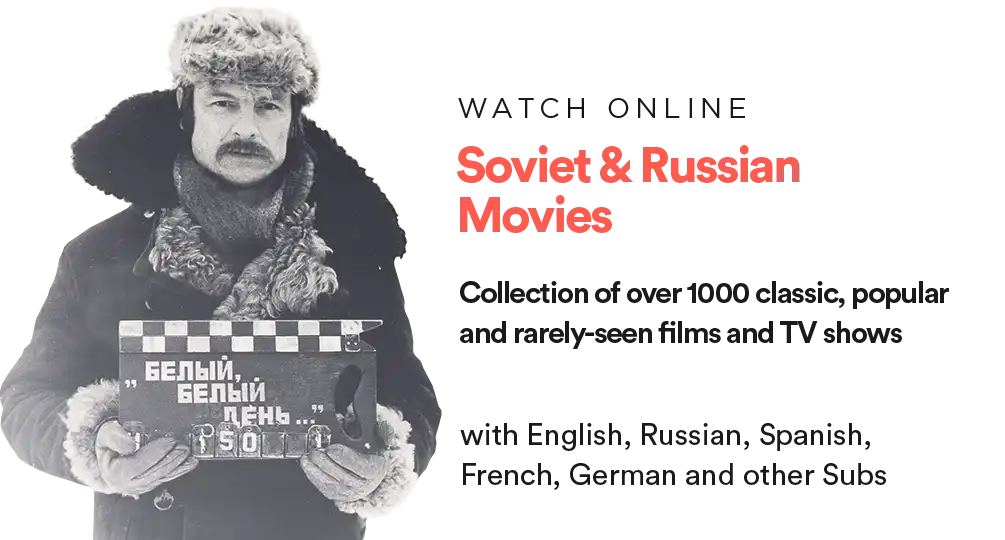The film continues the story of Maciej Tomczyk, the son of Mateusz Birkut, the protagonist of Wajda’s earlier film, Man of Marble. Here, Maciej is a young worker involved in the anti-Communist labour movement, described as “the man who started the Gdańsk Shipyard strike”, and a journalist working for the Communist regime’s radio station, who is given a task of slandering Maciej. The young man is clearly intended as a parallel to Lech Wałęsa (who appears as himself in the movie).
Man of Iron clarifies the ending of Man of Marble, which left the death of Mateusz Birkut ambiguous. Man of Iron explicitly states that Mateusz was killed in clashes at the shipyards in 1970.
The film was made during the brief thaw in Communist censorship that appeared between the formation of Solidarity in August 1980 and its suppression in December 1981, and as such it is remarkably critical of the Communist regime. Because of this it was banned in 1981 by the Polish government.[2] The film won the Palme d’Or and the Prize of the Ecumenical Jury at the 1981 Cannes Film Festival. It was also nominated for the Academy Award for Best Foreign Language Film.


























